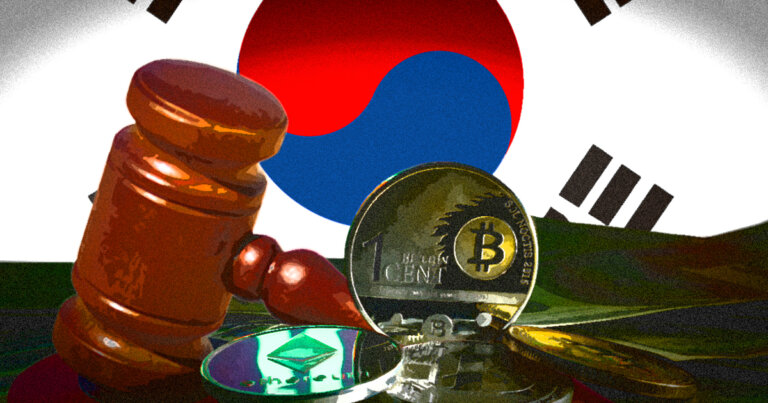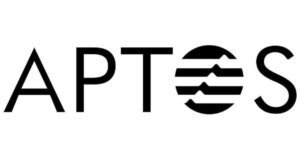 South Korea prepares further crypto legislation focused on asset issuance, stablecoin regulation
South Korea prepares further crypto legislation focused on asset issuance, stablecoin regulation South Korea prepares further crypto legislation focused on asset issuance, stablecoin regulation
South Korea's FSC is reportedly considering expanding the Virtual Asset User Protection Act to crypto asset management firms.

Cover art/illustration via CryptoSlate. Image includes combined content which may include AI-generated content.
South Korea’s financial authorities are preparing for the second phase of virtual asset legislation to regulate various aspects of the country’s crypto market, local media ChosunBiz reported on June 5.
This second phase of legislation will focus on regulating issues like the issuance of virtual assets, addressing conflicts of interest that might arise during issuance, and establishing a stablecoin regulatory framework.
South Korea’s National Assembly ordered FSC to submit a report on crypto issuance.
Following the passage of the Virtual Asset User Protection Act, South Korean lawmakers ordered the country’s Financial Services Commission (FSC) to submit a report addressing issues of crypto issuance and the conflict of interest “virtual asset operators generate in the process of issuing and distributing” these assets.
Due to this, the financial agency is set to begin a research process focused on resolving these conflicts of interest, regulating stablecoins, and establishing standards for virtual asset evaluation, advisory services, and issuance.
FSC is considering expanding Virtual Asset User Protection Act
Besides that, the FSC is also considering expanding the Virtual Asset User Protection Act through decrees following the issues battling local crypto investment platforms, Delio and Haru.
On June 13, Haru Investments suspended users’ withdrawals due to false information provided by an unnamed consignment operator. The other investment platform, Dellio, paused withdrawals on June 14 due to its exposure to Haru.
Following this incident, South Korean prosecutors have barred these firms’ executives from traveling abroad.
In a July 3 meeting, the FSC reportedly stated that it would consider elaborating the Virtual Asset User Protection Act to cover virtual asset management firms as these companies operate in a grey regulatory area, citing Helio and Daru’s withdrawal issues.
An unnamed official of the FSC said the regulator held discussions with other financial agencies and ministries about this move.




 CoinGlass
CoinGlass 


 Farside Investors
Farside Investors 


























































































